Dogs are our loyal companions, and we love to share everything with them — from walks in the park to even a bit of our food and drink. But when it comes to giving your dog a sip of your tea, you might want to pause and consider the potential risks. It may seem harmless to offer your furry friend a little taste of your favorite brew, but there are hidden dangers in that warm cup. So, can dogs drink tea? Let’s dive into the potential health risks, what you should know, and how to keep your dog safe.
Why You Should Think Twice Before Sharing Your Tea with Your Dog
Tea, whether it’s black, green, or herbal, has become a go-to drink for many of us. It’s packed with antioxidants and offers numerous health benefits for humans, but what about our pets? While the idea of sharing your tea with your dog might seem harmless, it could actually cause serious issues for their health.
In this article, we’ll explore the top three health risks that tea poses to dogs, so you can make informed decisions when it comes to your furry friend. Spoiler alert: not all teas are created equal!
Key Takeaways:
- Caffeine in tea is harmful to dogs, even in small amounts.
- Certain herbal teas can cause digestive upset or toxicity in dogs.
- Tea can interfere with your dog’s hydration and overall health.
- Some dogs may experience allergic reactions to compounds in tea.
- Alternatives like dog-safe “tea” options exist to pamper your pup safely.
1. Caffeine in Tea: A Danger to Your Dog’s Heart and Nervous System
One of the most significant risks of tea for dogs comes from caffeine. While most of us enjoy a morning pick-me-up with a cup of black or green tea, caffeine is toxic to dogs (and cats too!). Even small amounts can lead to serious health issues.
Was this information helpful? You can support all our efforts to help people and pets by donating today.
Why Caffeine is Dangerous for Dogs:
Caffeine stimulates the central nervous system and increases heart rate, which might give you that energizing feeling. However, in dogs, it can cause restlessness, rapid breathing, increased heart rate, and even seizures. In severe cases, caffeine ingestion can be fatal (yikes!).
How Much Caffeine Is Too Much?
The amount of caffeine in tea varies depending on the type — black tea has the most caffeine, while green tea has a bit less. Still, even a small amount can be too much for a dog, especially smaller breeds. For example, a 10-pound dog could experience caffeine poisoning after consuming as little as half a cup of tea.
Real Example:
Imagine you’ve just enjoyed a nice cup of black tea. You set it down, and your dog, who’s curious as always, takes a quick lap from your cup. Within hours, you notice signs of restlessness and excessive drooling. It might be caffeine toxicity, and that means a trip to the vet. (Better safe than sorry, right?)
What to Do Instead:
If your dog gets into your tea by accident, don’t wait for symptoms to show up. Call your vet immediately for advice. They may recommend inducing vomiting or a vet visit for monitoring.
Actionable Insight:
Always keep your tea cups out of your dog’s reach. If you’re enjoying your tea, consider giving your dog something safe to chew or drink instead — like a fresh bowl of water or even a dog-safe bone.
2. Herbal Teas: Not Always Safe for Dogs
Herbal teas might seem like a healthier alternative, but not all of them are safe for dogs. While some herbs are beneficial, others can be toxic or cause digestive issues.
Why Herbal Teas Are a Risk:
Many herbal teas are made with plants that can cause digestive upset or even toxicity in dogs. For instance, peppermint tea, although soothing for humans, can lead to stomach issues for dogs. Similarly, chamomile tea, while calming for humans, may cause allergic reactions or digestive problems in dogs (especially in large quantities).
Herbs That Could Harm Your Dog:
- Peppermint: Can cause vomiting or diarrhea in dogs.
- Chamomile: Small doses may be fine for some dogs, but larger quantities can lead to nausea, vomiting, or even sedation.
- Lavender: Toxic to dogs in large amounts and may cause nausea, lethargy, and vomiting.
- Ginger: Generally safe in small doses but could cause digestive upset if your dog’s stomach is sensitive.
Real Example:
Let’s say you brew a cup of chamomile tea to wind down after a long day. Your dog, who’s been eyeing your drink, sneaks a sip. While a tiny bit may not cause harm, over time, you might notice digestive upset, such as loose stools or a lack of appetite. This could be due to the chamomile, which doesn’t sit well with some dogs’ digestive systems.
What to Do Instead:
If you love herbal teas, be cautious and avoid offering them to your dog. Stick to non-caffeinated teas made from dog-safe ingredients, or simply offer your dog water infused with ice cubes for a refreshing treat. You can also make homemade “dog tea” by steeping dog-safe herbs like parsley or ginger in water and offering it chilled.
Actionable Insight:
If you want to treat your dog with something special, look for commercially available “dog-friendly” herbal options. There are many dog-safe blends that are specifically formulated for pups, like calming teas designed to reduce anxiety without risking harm.
3. Tea Can Dehydrate Your Dog
Hydration is crucial for your dog’s health. If your dog regularly consumes tea (or even just sips on it here and there), it can interfere with their hydration levels.
Why Tea Might Cause Dehydration:
Tea contains tannins and other compounds that can have a mild diuretic effect — meaning it can make your dog urinate more than usual, which can lead to dehydration. Dehydration in dogs can result in lethargy, dry mouth, sunken eyes, and loss of appetite. In severe cases, dehydration can be life-threatening (which is why it’s important to be mindful of your dog’s water intake).
Real Example:
Imagine you offer your dog a cup of herbal tea thinking it’s a nice, soothing treat. However, tea might cause them to need to pee more frequently, and over time, they could become dehydrated, especially if they’re not drinking enough water. It’s easy to overlook this small side effect, but it can add up.
What to Do Instead:
If you’re offering tea to your dog, make sure it’s not replacing water as their main source of hydration. Keep fresh water available at all times, especially if you’re tempting them with tea now and then. If you notice signs of dehydration, encourage your dog to drink more water and consult your vet if the symptoms persist.
Actionable Insight:
Instead of offering tea, opt for hydrating treats like water-infused ice cubes, dog-safe frozen pops, or simply adding more water to your dog’s food if they’re reluctant to drink. These are great ways to keep your dog hydrated and happy.
How to Safely Pamper Your Dog Without Tea
While tea may not be the best treat for your pup, there are plenty of other ways to spoil them without the risks. After all, they deserve the best!
Safe Alternatives for Treating Your Dog:
- Dog-Friendly Treats: From special treats that help with dental health to calming chews, there are endless options to make your dog feel extra loved. Many are available in fun flavors and shapes, and they’re safe!
- Frozen Goodies: Freeze a dog-safe treat, like peanut butter or yogurt, into ice cubes or frozen pops for a cool, refreshing snack.
- DIY “Dog Teas”: Brew water with dog-safe ingredients like parsley, ginger, or mint and serve it chilled for a refreshing treat without any harmful effects.
Keep in Mind:
Your dog might love the attention, but pampering doesn’t have to involve risky treats like tea. Stick to dog-safe alternatives that are designed to benefit their health and happiness.
Actionable Insight:
Next time you’re relaxing with a cup of tea, think of your pup’s health and choose one of these alternatives instead. They’ll appreciate the special treat, and you can rest easy knowing they’re safe.
Final Thoughts: Preparing for Tea-Free Moments with Your Dog
So, can dogs drink tea? The short answer is: it’s not a great idea. While a little sip here and there might not cause harm in most cases, the potential risks — especially with caffeine and certain herbal teas — make it better to avoid sharing your tea with your dog altogether.
Instead, focus on hydration, safe treats, and dog-friendly alternatives that let your pup feel pampered without the health risks. Remember, when it comes to your dog’s health, it’s always better to be safe than sorry. Treat your dog with love and care, and you’ll both enjoy your moments together — tea-free but full of fun!
Practical Advice for Implementation:
- Always keep your tea out of reach, especially if your dog is a curious one.
- Stick to water and dog-safe alternatives like ice cubes or specially designed treats.
- If your dog accidentally consumes tea, call your vet and monitor them for symptoms.
- Educate yourself on the safety of other food and drink items to keep your dog healthy.
With these precautions in mind, you’ll be able to keep your dog safe and happy — while still enjoying your cup of tea!
FAQS.
Can dogs drink regular tea?
No, dogs should not drink regular tea, especially black or green tea, as it contains caffeine, which is toxic to dogs. Caffeine can cause rapid heart rate, restlessness, and seizures.
Is herbal tea safe for dogs?
Some herbal teas are safe for dogs in moderation, but many can cause digestive upset or toxicity. Avoid teas with peppermint, chamomile, or lavender, as they may harm your dog.
Can dogs drink caffeine-free tea?
Even caffeine-free teas, especially those made with herbs like peppermint or chamomile, may still cause digestive issues for your dog. It’s best to avoid all types of tea and stick to water.
What should I do if my dog drinks tea?
If your dog drinks tea, especially caffeinated or herbal, monitor for symptoms like restlessness, vomiting, or diarrhea. Contact your vet immediately to determine the best course of action.
Can I give my dog mint tea?
No, mint tea is not safe for dogs. While it might seem soothing, mint can cause stomach upset and even toxicity in larger amounts. Always check if a tea is dog-safe before offering it.
Can I give my dog decaffeinated tea?
Decaffeinated tea is not recommended for dogs either. While it lacks caffeine, many herbal ingredients can still upset your dog’s stomach. Stick to fresh water or specially formulated dog beverages.
What are the symptoms of caffeine poisoning in dogs?
Symptoms of caffeine poisoning in dogs include restlessness, excessive panting, vomiting, diarrhea, rapid heart rate, and tremors. Severe cases can lead to seizures or death, so seek veterinary care immediately.
Are there any safe tea alternatives for dogs?
Yes, there are dog-safe “teas” made from ingredients like parsley or ginger. These are often available as premade products. Always ensure the ingredients are safe and specifically designed for dogs.









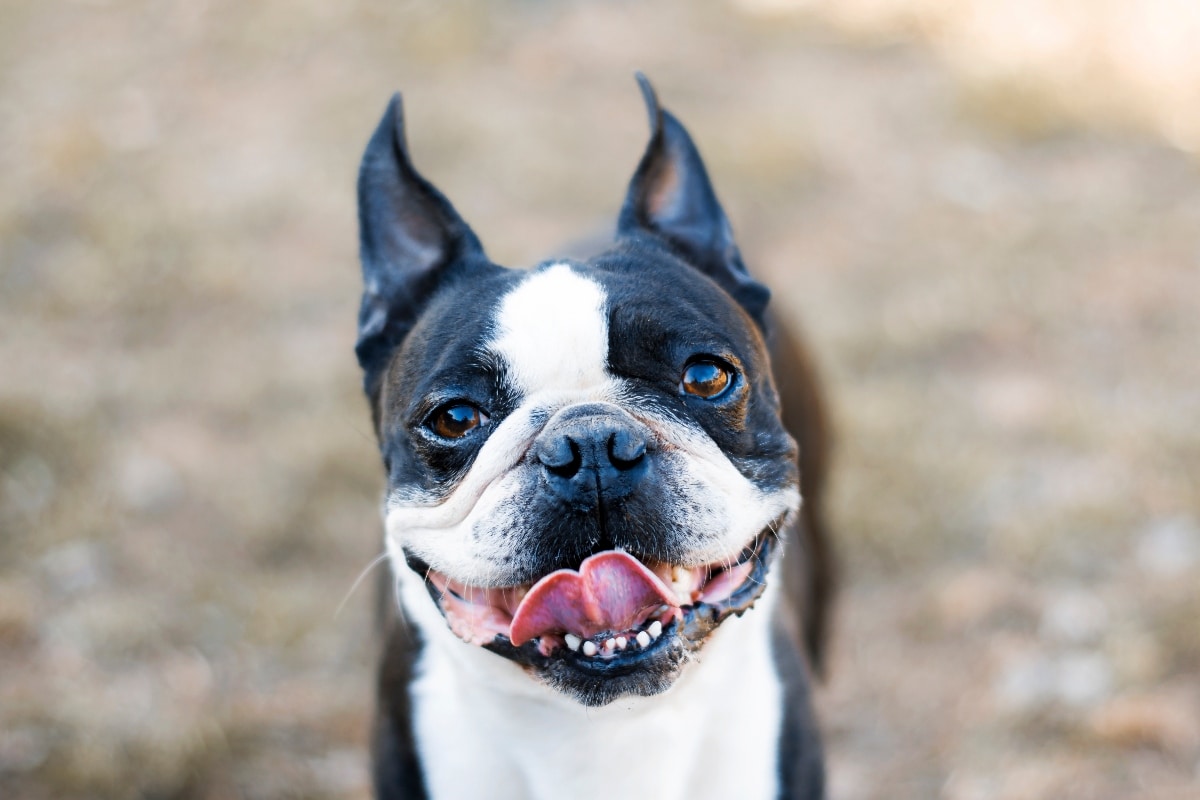

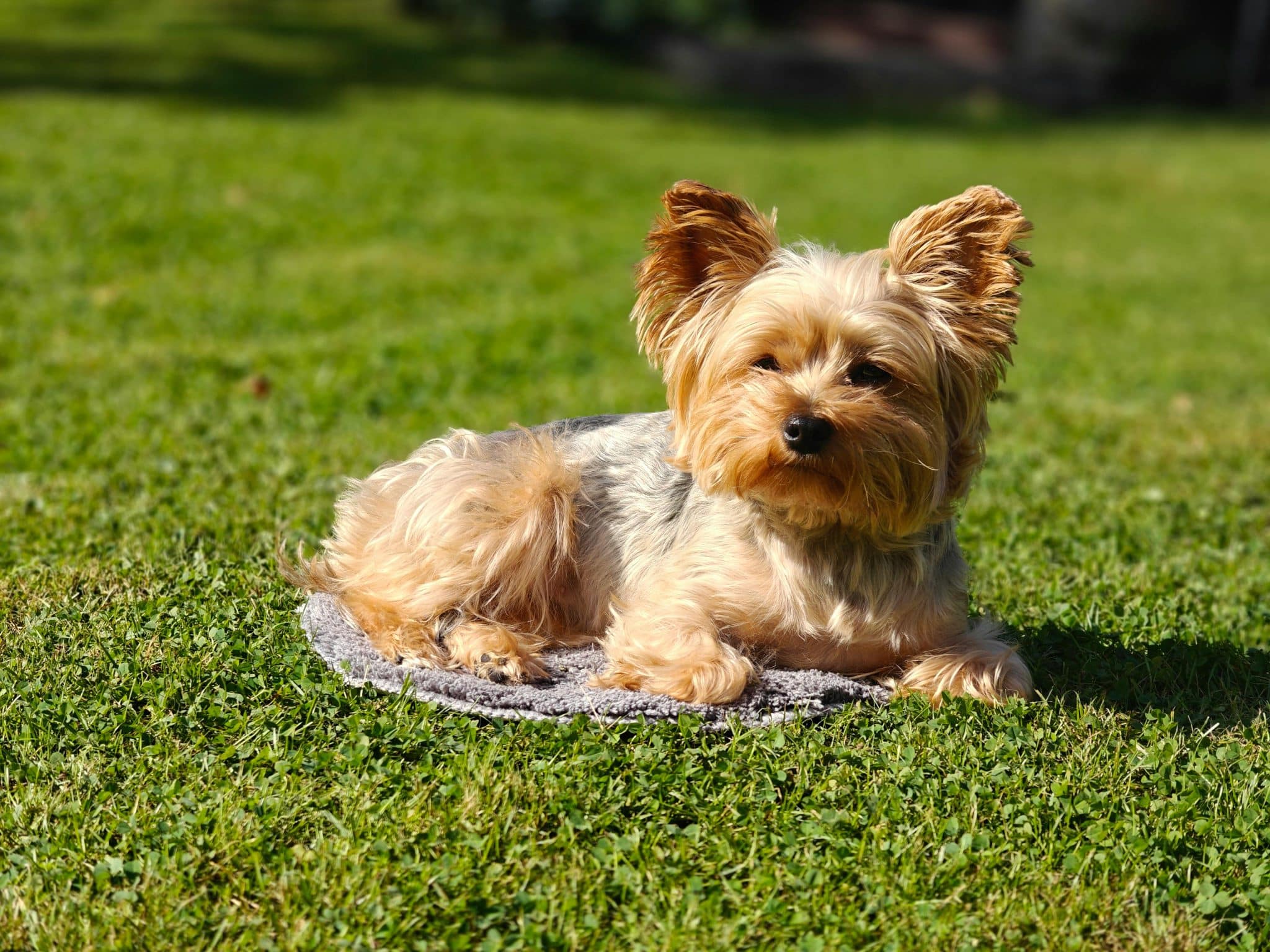
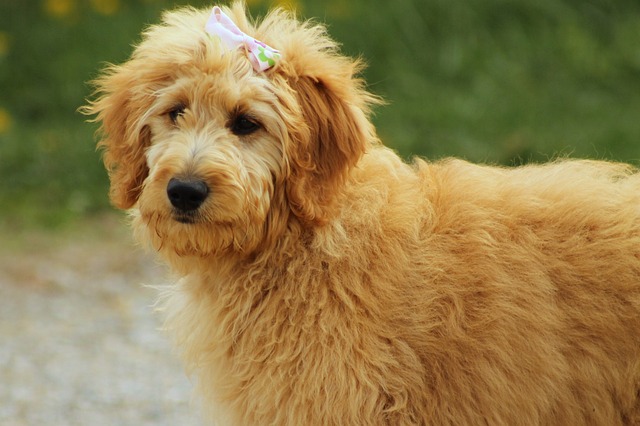


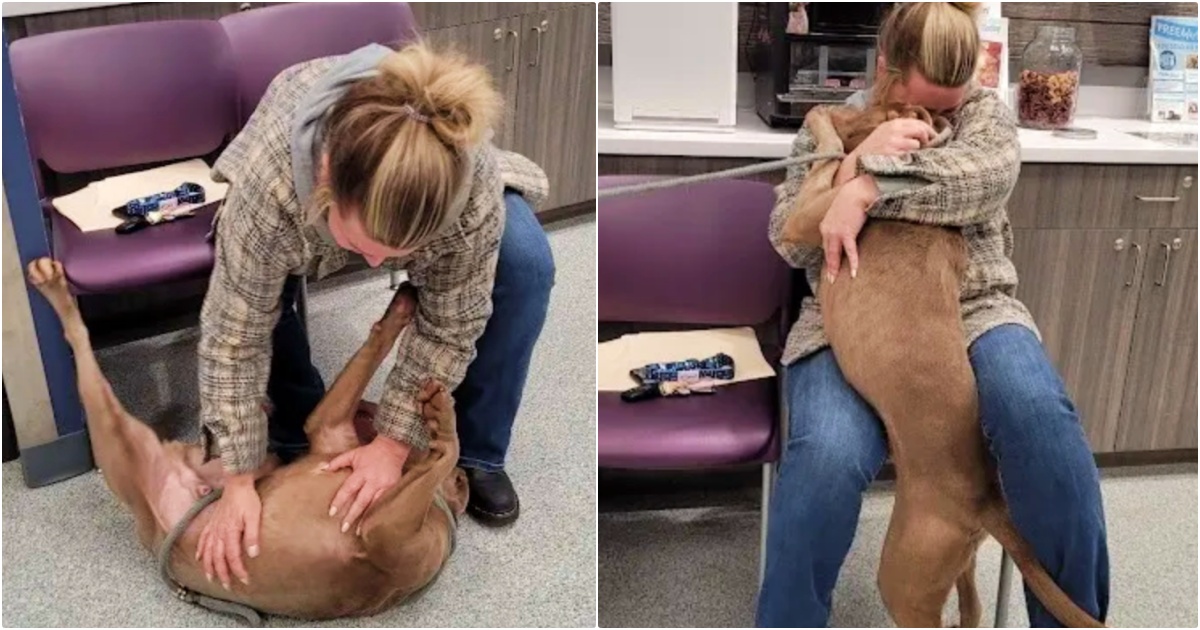

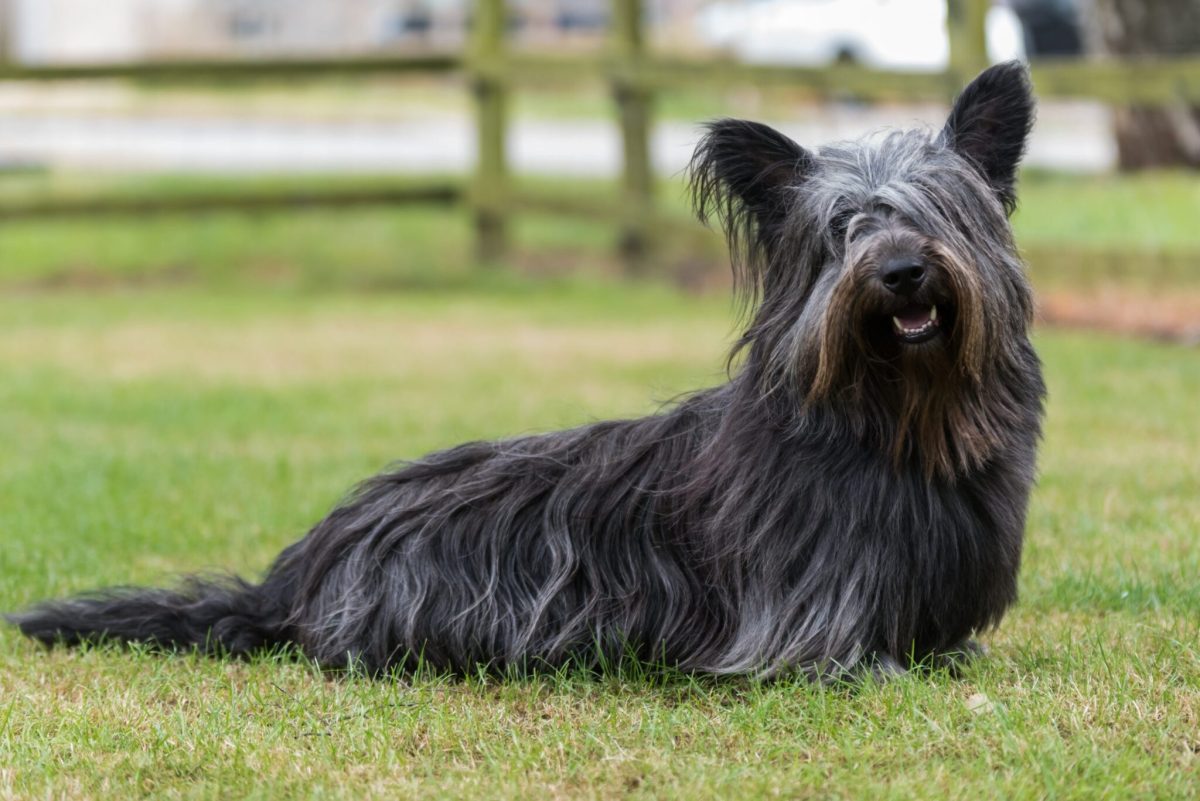

 English (US) ·
English (US) ·